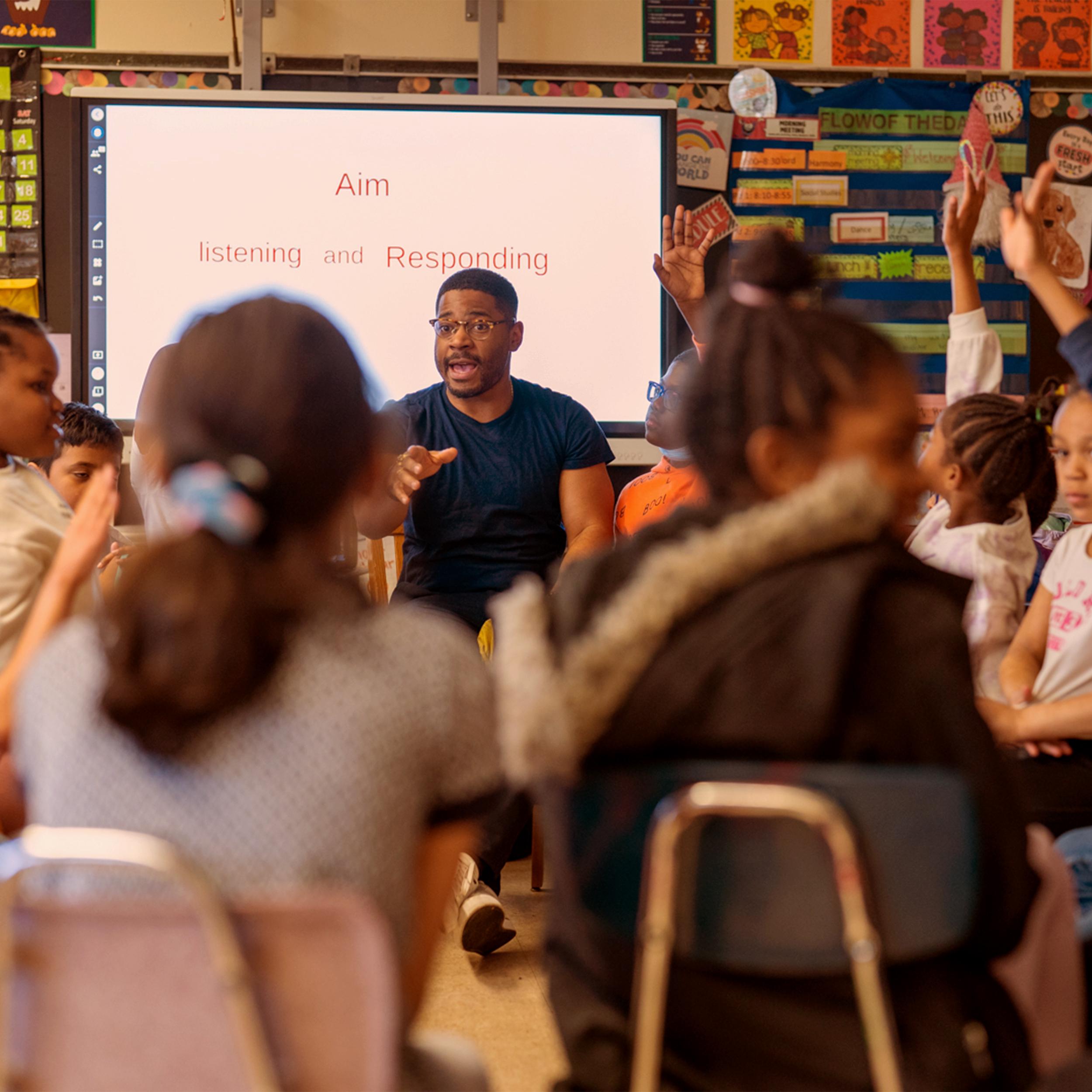Middle school students who participated in The Leadership Program's Violence Prevention Project (VPP) reported less frequent use of negative conflict-resolution skills, such as verbal aggression, physical aggression, and antisocial behaviors. Additionally, they reported slower growth in normative or tolerant beliefs about aggression compared to their peers in the comparison group. Moreover, they had a better growth rate for supportive peer behaviors compared to middle school students in the comparison group.
High school students who participated in the VPP also reported less frequent use of negative conflict-resolution skills, such as verbal aggression and physical aggression, and antisocial behaviors, compared to their peers in the comparison group. In addition, they reported increased academic self-concept, which was statistically significant.


